Lucart – Climate Neutrality
EcoNatural has already achieved this.
Lucart Professional’s road towards sustainability has a new goal, Climate Neutrality to help mitigate climate change.
The target has already been achieved since 2021 for all EcoNatural toilet paper and hand towels made in Diecimo and Laval.
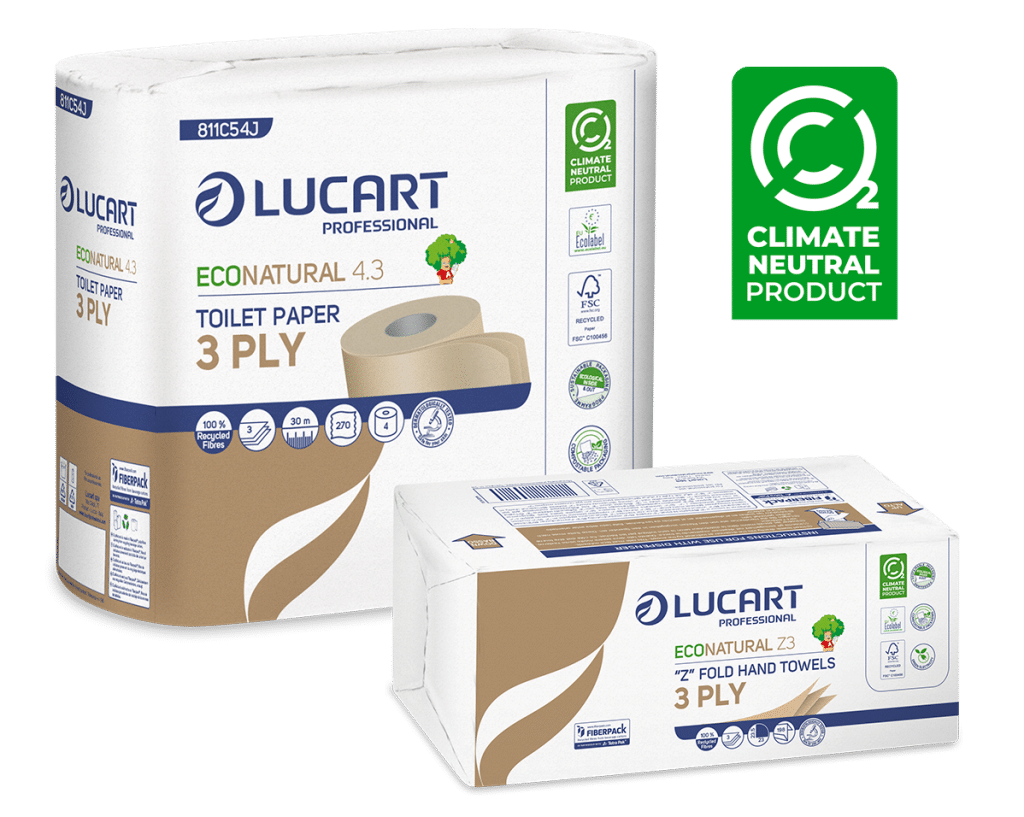
MEASUREMENT
Measurement of the Product Carbon Footprint, i.e. the CO2 equivalent emissions considering the entire life cycle of the product.
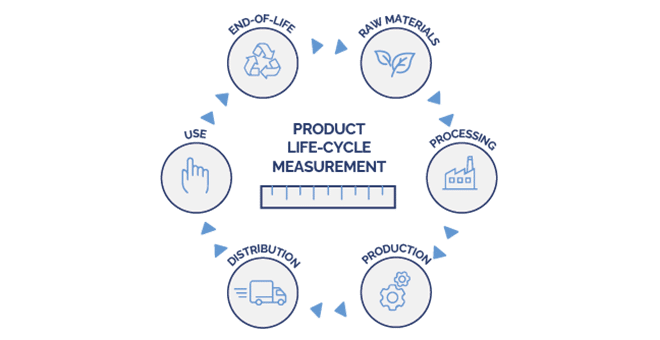
Lucart did this through the support of Carbonsink, a company specialising in climate strategy.
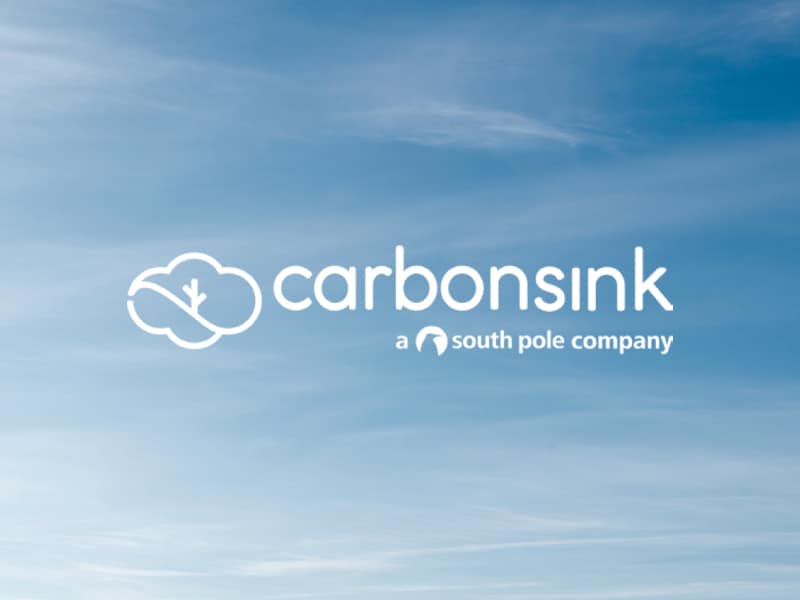
REDUCTION
Reducing CO2e emissions through, for example: optimising production processes; using sustainable raw materials; switching to alternative energy sources.
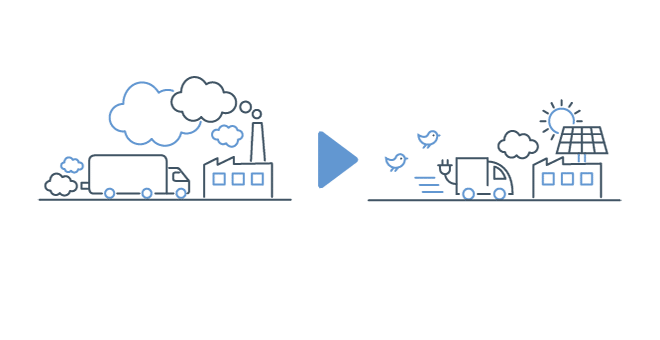
Lucart in 2022, compared to 2021, estimated a reduction of 15,781 tonnes
of CO2e.
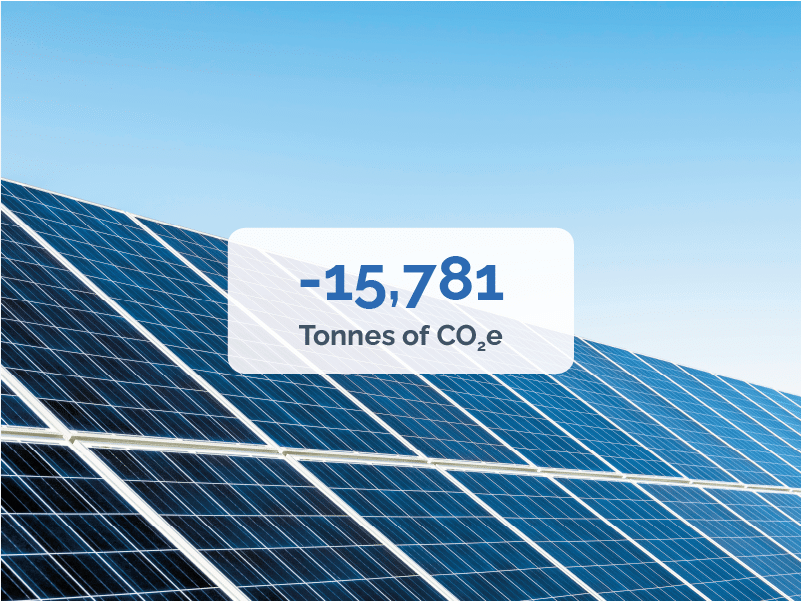
COMPENSATION
Calculating and offsetting residual and non-reducible emissions by supporting specific climate action projects that have a positive environmental, social and economic impact.
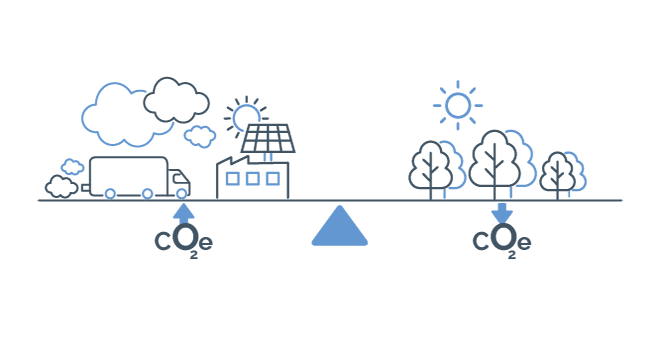
Lucart have thus mitigated an average
of 20,375 tonnes of CO2e since
2021.
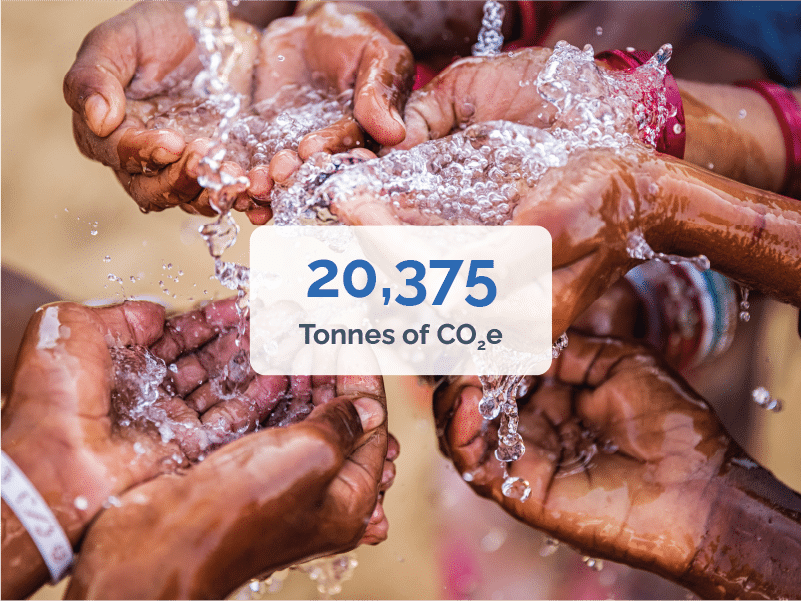
WHAT DOES IT MEAN TO OFFSET THE CO2 EQUIVALENT (CO2e) PRODUCED?
It means balancing the residual CO2e emissions associated with an activity with an equivalent, certified CO2e savings generated by climate action projects, which benefit the climate, nature and communities.
Through a rigorous verification and certification process, CO2e savings are translated into carbon credits, which can be purchased by the company to offset residual emissions and finance global climate action.
Lucart decided to support projects to ensure access to water for sustainable development in Uganda and Malawi, certified by:

Dispensers in Uganda and Malawi
20,375t CO2e
emissions reduced annually
In sub-Saharan Africa, 40% of the population does not have access to a safe water resource.
Due to unequal access to water, people spend a high percentage of their savings and time on water.
Furthermore, very often, populations rely on fossil fuels and non-renewable biomass to purify water.
This results in forest degradation and the release of harmful pollutants into the atmosphere.
THE PROJECT
The aim of the project is to facilitate the access of families and local communities to a clean, safe and potable water resource by promoting environmentally friendly water purification technologies. In fact, access to clean and safe water is crucial not only for climate change mitigation, but also for ensuring the sustainable development of the populations concerned, with both socio-economic and health benefits.
The project involves more than 537,000 people and 1,380 villages through the installation of more than 2,500 water dispensers in the project areas.
AREA OF ACTION
The project is located in Uganda in the Budaka, Kibuku and Manafwa districts, and in Malawi in the Mayaka & Thondwe District, Zomba.



